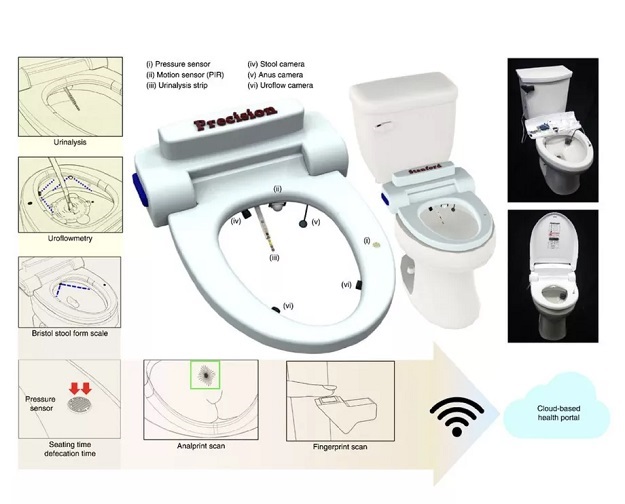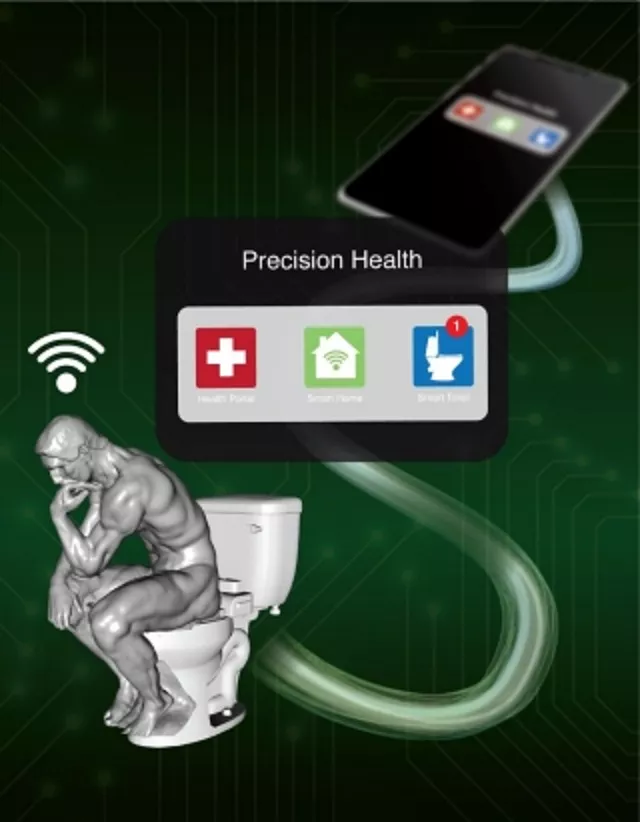Stanford University researchers create smart toilet to detect diseases
Researchers hope to detect tumor DNA as well as viral RNA to help them track spread of diseases like coronavirus
With the help of this new smart toilet, you can now keep a close check on your health.Researchers at Stanford University have created a smart toilet that can identify you by your 'analprint'.
The toilet is equipped with cameras and sensors that collect information on your bodily waste, and it uses that data to look for any health issues that you might have, according to the journal Nature Biomedical Engineering.
The idea of an 'analprint' was initiated by Salvador Dalí, who discovered that the anus has 35 or 37 creases, which are as unique as fingerprints, reports The Verge.
How does it work?
The prototype device is modular and can be installed to most standard toilets, the Raspberry Pi paired with a camera captures each person’s analprint as they sit down to pass their bodily waste, ensuring the data it captures is associated with the correct person.
 PHOTO: Nature Biomedical Engineering
PHOTO: Nature Biomedical EngineeringThe toilet is equipped with cameras to capture images of the person and their waste, motion sensors to detect urine streams, and medical sensors that help analyse your waste.
French smartphone app to help track virus transmission
To make sure that the results don’t get mixed up the smart toilet also includes a fingerprint scanner on the lever.
In the first study, the smart toilet collected urine and stool samples, and researchers created an algorithm to detect “urodynamics,” which gives an insight into the flow rate, magnitude, and stream time of each participant’s urine and then compares the data to see if there are any patterns between the bodily waste of healthy and unhealthy bodies.
The first prototype smart toilet can spot constipation and infections, but the eventual aim is is to discover severe health problems such as colon cancer.
Google bans Zoom software from employee laptops
Once the individual has used the toilet, the data and images collected are then stored in an encrypted cloud server, which is supposed to keep the information private.
The research is aiming to release a second prototype functional “by the end of the year,” Seung-min Park, a senior research scientist at Stanford University and the paper’s lead author, told The Verge.
The researchers hope to detect tumor DNA as well as viral RNA to help them track the spread of diseases like the novel coronavirus with the next prototype.
The smart toilet technology may cost from $300 to $600 when it is eventually manufactured, says Park.


COMMENTS
Comments are moderated and generally will be posted if they are on-topic and not abusive.
For more information, please see our Comments FAQ